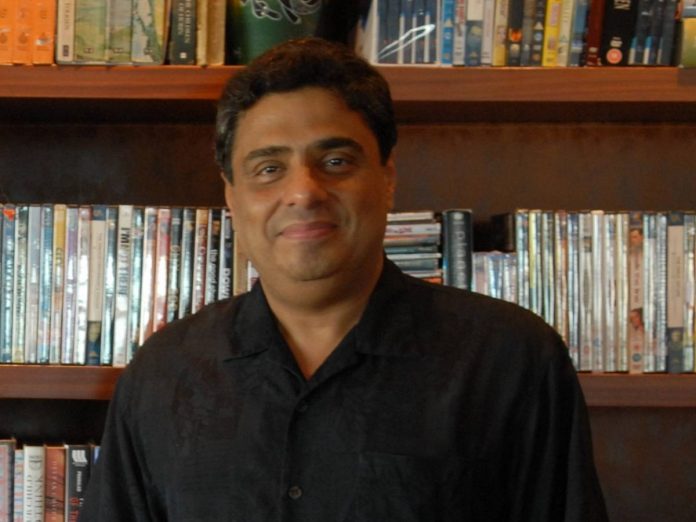The Competition Commission of India has declined to pass any interim order in the case of Ronnie Screwvala’s (seen in picture) complaint against multiplexes regarding, among other things, discrimination made by multiplexes between Bollywood producers and Hollywood studios with reference to the VPF (Virtual Print Fee) charges. The order, dated 24th July, 2019, was signed by Ashok Kumar Gupta (chairman, CCI), U.C. Nahta and Sangeeta Verma (both members). The complaint had been filed by Screwvala’s Unilazer Ventures Pvt. Ltd. (through its division, RSVP) against PVR, Inox, Cinepolis, Carnival and FICCI Multiplex Association of India.
The CCI said in its order, passed under section 26 (2) of the Competition Act, 2002, that the complainant was unable to prove any of the allegations including that the multiplexes functioned like a cartel or that they showed discrimination against Bollywood producers while favouring Hollywood studios in the matter of levy of VPF charges. Ronnie said in his complaint that although the agreed period between multiplexes on the one hand and film producers and distributors on the other was long over, multiplexes continued to charge the VPF even after the sunset period. He added that multiplexes did not charge Hollywood producers because of a worldwide agreement with them. Since Bollywood films have to pay approximately Rs. 20,000 per multiplex, this amounted to discrimination, he explained. Ronnie also complained that the revenue-sharing terms of 50% to the producers/distributors in the first week of a film’s screening, 42.5% in the second week, 37.5% in the third week, and 30% in all the future weeks of any film’s run pointed towards collusion on the part of the multiplexes under the aegis of its abovenamed Association. Besides, he alleged that rather than sharing the revenue as soon as it is received by multiplexes, the same is given to the producers/distributors after a delay of 45 to 60 days. Another contention of Screwvala was that a lot of advertisements are accepted by multiplexes and played before the film’s post-interval portion starts or before the start of a film, but the revenues are pocketed by multiplexes instead of being shared with the producers/distributors. He also rued the fact that revenues from sale of concessionaires (popcorn, cold drinks etc.) during interval and from parking of vehicles are not shared by the multiplexes although they earn them only because of the films released by producers/distributors. The complainant also alleged discrimination at the hands of multiplexes in the case of producers and distributors of small films.
Screwvala prayed that the CCI should restrain the multiplexes from imposing any unfair and unjustified fees including VPF; that an investigation should be undertaken regarding the anti-competitive collusion and understanding; that the service providers (multiplexes) should be restrained from acting like a cartel under the aegis of the FICCI Multiplex Association of India; and that such other order as the CCI deems fit may be passed.
Subsequent to filing the complaint, Screwvala also made an application dated 25th March, 2019 for interim relief under section 33 of the Act.
After hearing both the parties, the Competition Commission of India observed that the general allegations made against the multiplexes were either not proved by Screwvala and his counsel, with facts and documents or were not matters for it (CCI) to decide. As such, the CCI added, it did not find alleged contravention of the provisions of section 3 of the Competition Act. In view of the above, the CCI said that there was no prima facie case warranting investigation into the matter. As such, the CCI closed the information filed by Ronnie Screwvala and his Unilazer Ventures Pvt. Ltd. under section 26 (2) of the Act. Hence no interim relief under section 33 of the Act was granted.





























